
Improve Garden Soil: Make Your Soil Sing with These Tips!
Published: 26/12/2022 | Updated: 08/05/2023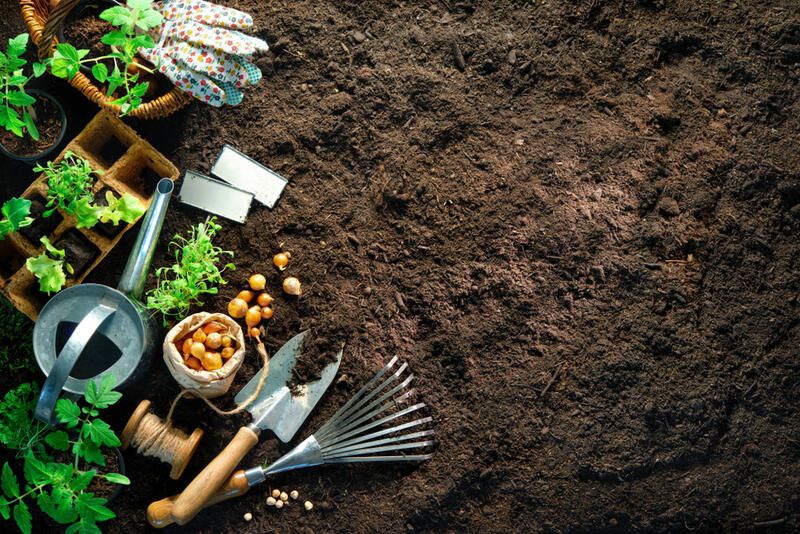
Every gardener knows that at the heart of a healthy garden is good healthy soil.


Soil provides the bulk of essential nutrients that your plants will rely on to grow to their full potential. There is no single method to improving the caliber of the soil in your garden, but we've compiled a few tried and true methods that are guaranteed to improve, not only the health of your garden grounds but that of your garden as a whole!
Whether you have clay or sandy soil, there are many ways to improve the quality of the earth in your garden. Some soil solutions include inventive methods for enhancing the soil's ability to store water and nutrients, while others call for the use of organic fertilizers or composts.
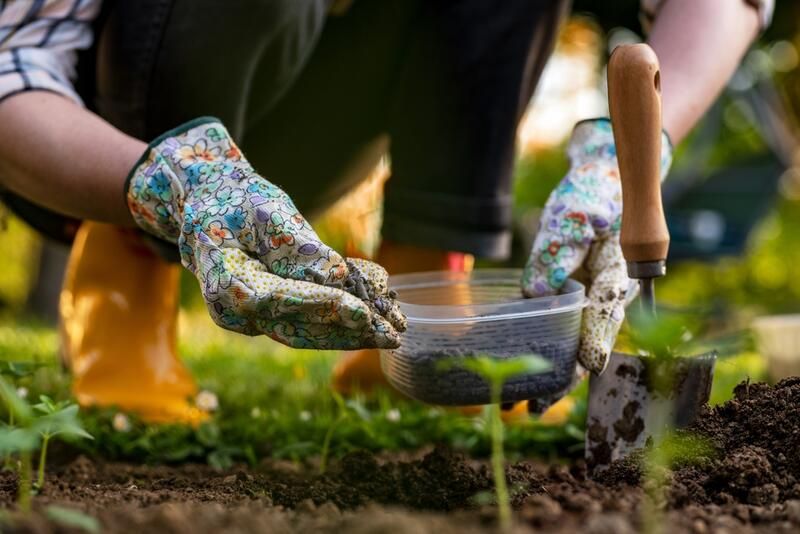
As a general rule, well-mulched, moisture-rich, and well-inhabited soil will provide a friendly environment for your plants, since it enhances drainage and aeration on heavy soils while holding moisture in light soils. Compost is another excellent organic element to add to the soil. It is also highly recommended that you keep an eye out for over-compaction to create a well-aerated, optimum atmosphere for organic matter to thrive.
Start with a Soil Test
Top tip: A good soil test will also help you learn about your soil's pH.
What does soil pH mean?
It is possible to tell if the soil is acidic or alkaline by looking at its pH level. The scale runs from 0 to 14, with neutrality represented by 7. The increase in soil alkalinity is 7 to 14, while the increase in soil acidity is 7 to 0.
Acidic Soil
Many different plants can thrive in acidic soil, including ericaceous (acid-loving) plants like azaleas, rhododendrons, and camellias.
Alkaline Soil
Unless you cultivate ericaceous plants in pots of ericaceous compost, ericaceous plants will struggle to thrive in your garden if your soil is more alkaline. Plants like lily of the valley, phacelia, lavender, and honeysuckle thrive on these soils.
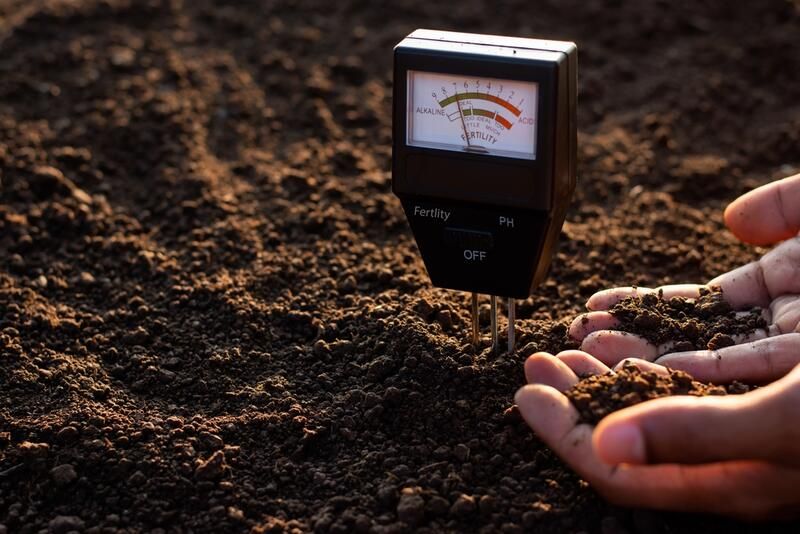
A handy DIY test for the type of soil you have can be done with a few kitchen items:
-
Put 2 tablespoons of soil in a bowl and mix in half a cup of vinegar. If the mixture reacts, the soil is alkaline.
-
Place 2 tablespoons of soil in a large bowl and mix in some distilled water. Add half a cup of baking soda to the mix. If the soil reacts and fizzes, the soil is acidic.
Top tip: Soil testing helps lower fertilizer costs by identifying the areas of land that need the most supplemental fertilizer and have the least fertile soil. Knowing this allows you to modify your fertilizer application rates according to the specific needs of the soil.
Once you have identified the type of soil you have, you can proceed to cultivate good soil care habits to keep it in prime condition. We've compiled a few of our favorite techniques below:
You will need:
- Soil
- Garden fork
- Rake
- Well-rotted manure or compost
- Fertilizer
- Garden Spade
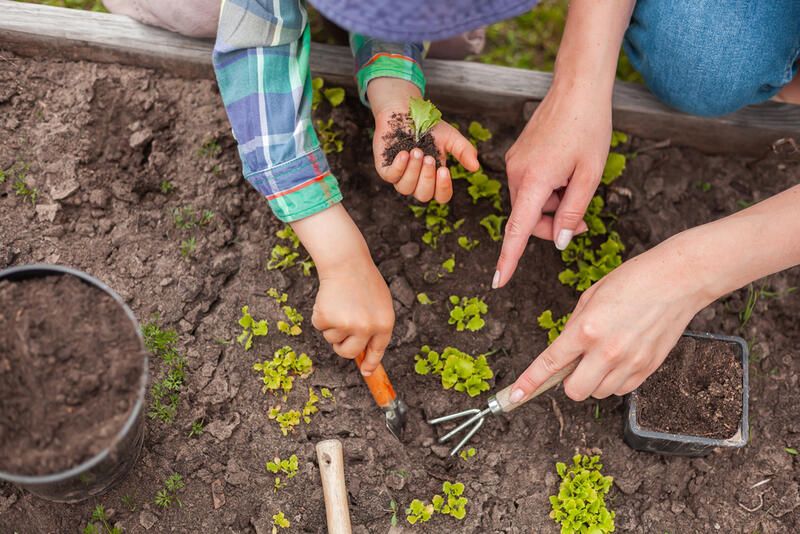
Cultivate Permanent Garden Beds
Make walkways and permanent beds to distinguish the beds.
Keep them narrow enough that you can access every portion without walking inside to discourage foot traffic. You can stop them from beginning each season compacted from last year's tracks by making beds in this way.
Permanent beds help preserve loose soil in the garden beds while saving time and money.
Simply removing the walkways from permanent bed areas will save money compared to applying them generally. Because the beds are permanent structures, installing irrigation is also made easier.
A permanent layer of wood chips, micro clover, or white clover attracts beneficial insects and fertilizes the garden.
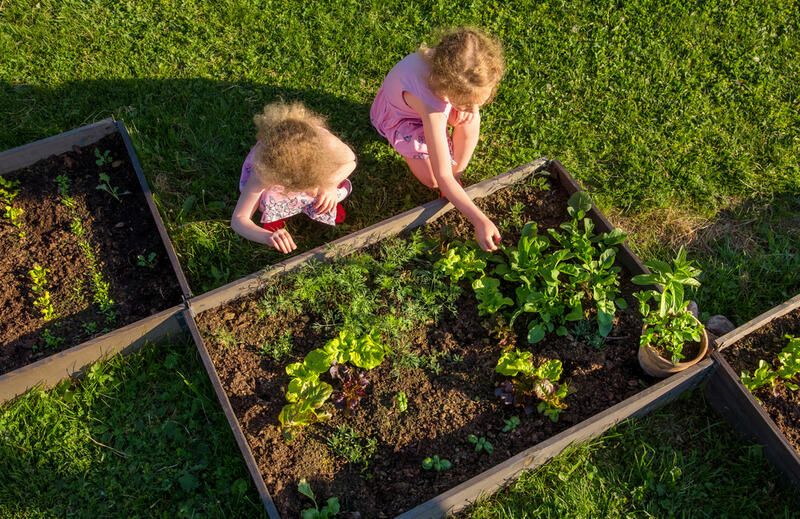
Resist the Urge to Till
Tilling is a mechanical technique to quickly loosen and aerate the soil in preparation for planting.
Even though it may be efficient on large farms where managing soil by hand would be impractical, a tiller is only a short-term solution in tiny gardens and on micro-farms where it can have detrimental long-term effects on soil.
Sometimes tilling makes the soil more likely to wash away in the rain or blow away in the wind. Read on to find out how to prevent soil erosion in your garden. Additionally, it can get rid of helpful soil organisms.
Fortunately, tilling is not necessary to prepare loose soil for planting when producing crops in a small backyard area.
In a no-till garden, a digging fork or a broadfork is a helpful implement since they can break up the soil without eradicating microorganisms. Before planting, the top few inches of soil should be carefully aerated and loosened.
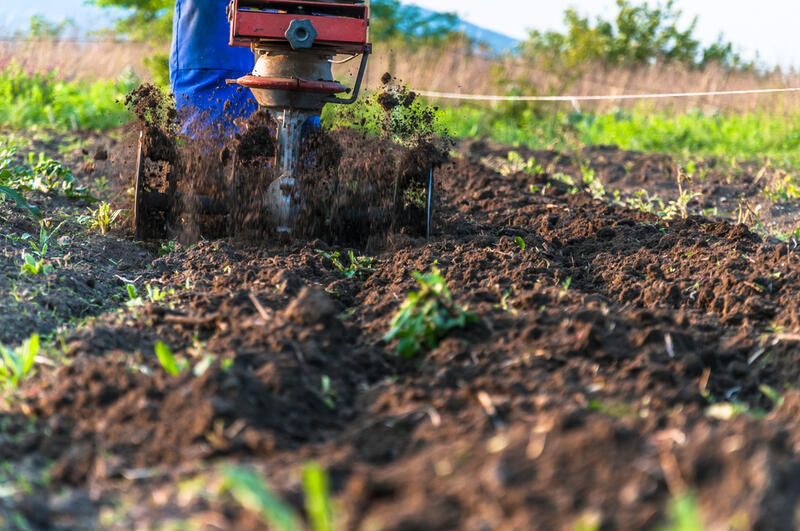
Try Sheet Mulching with Grass Clippings
Sheet mulching is a no-till method that can be used to start a new garden or eradicate weeds from an existing one. It entails placing a layer of cardboard and rich planting material over any existing plants.
Decomposing cardboard and plant waste attract worms and other soil animals, which helps to establish a healthy soil ecology. A nutrient-rich planting medium on top provides optimal growing conditions for crops while also providing a haven for soil life.
The planting media could be a decorative layer of compost soil made at home or purchased. Different "sheets" (layers) of unprocessed organic materials, such as food scraps, grass clippings, straw, and shredded leaves, could also eventually disintegrate into compost soil.
To allow the sheet mulch to decompose into a rich planting medium, let sheet-mulched areas sit for at least two weeks and ideally three months before planting.
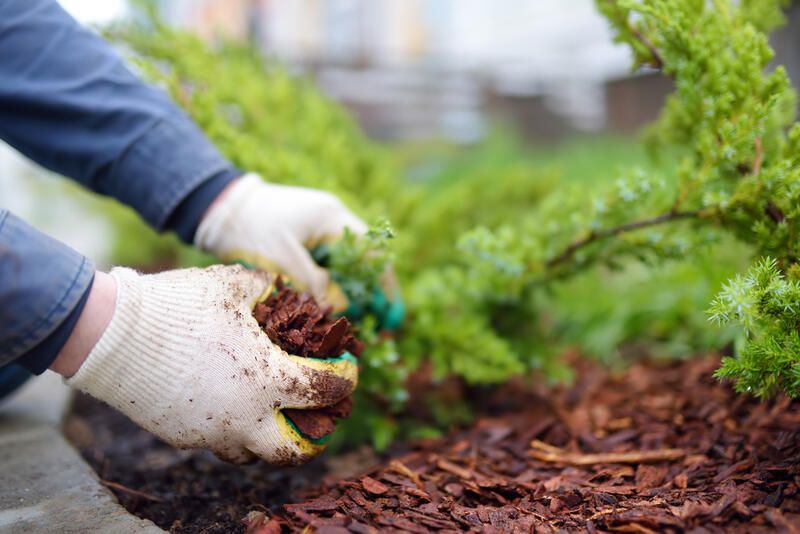
Use Organic Matter
The soil we start with is frequently not ideal for growing food. Nevertheless, we advance because we are ready to begin expanding. Now, we're asking our soil to produce nutrient-dense vegetables from nutrient-deficient soil. This could lead to poor harvests or problems with pests and illnesses.
You still need to amend your soil in the fall even if you started with good soil because you've been using the nutrients it had all season.
As you can see, organic gardening involves a reciprocal relationship between you and the soil. Fall and winter are great times to replenish the soil and, if necessary, give it a rest.
By incorporating organic matter in the soil, every spring garden gets off to a strong start.
Cultivate Cover Crops
Cover crops are a terrific addition to any program for soil restoration. They can provide organic matter and nutrients, improve airflow and drainage, draw beneficial soil flora, and act as an overwintering mulch.
Even though cover crops can be sown at any time of the year in a rotation with other crops, it is most typical to do so in the late summer or early fall so they can thrive through the winter.
To make spring planting simple, some are covered before planting, while others are killed by the winter cold. Use a digging fork (or hens!) to plow beneath cover crops about three weeks before spring planting.
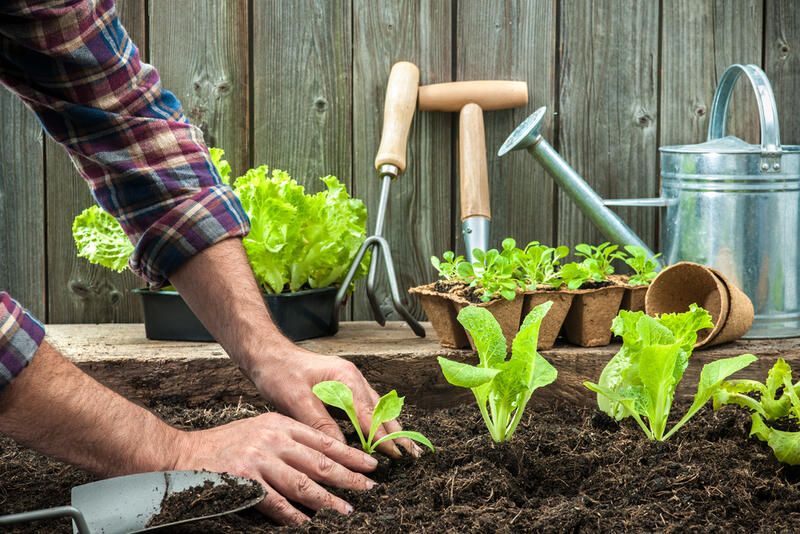
Use Mulch to Attract Beneficial Soil Organisms
Mulching encourages effective soil tillage by retaining nutrients and moisture. A well-mulched soil also requires less weeding, watering, and fertilizing, which also saves time.
Mulching garden beds can be done in a variety of ways.
For instance, thicker mulches are beneficial in hot, dry areas where moisture evaporation is substantial. On the other hand, lighter mulches are better suited to cool, rainy places where the soil benefits from the warmth of the sun but still needs protection against erosion.
For the majority of gardeners, protecting beneficial soil organisms from the elements and preventing soil erosion from heavy rains with a thick layer of mulch during the off-season is essential.
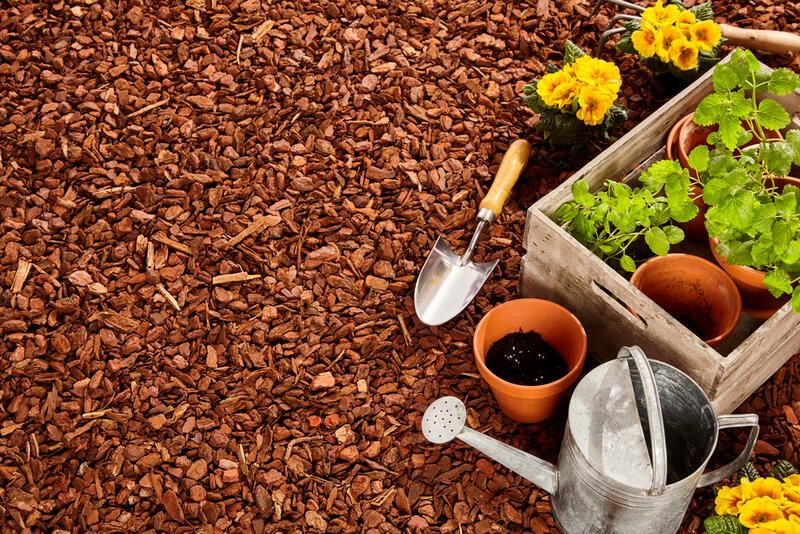
Top tip: On vegetable patches or other bare pieces of land, think about planting green manures—seedling crops that are buried back into the earth to enhance the soil. Digging in the dirt should be minimal. Mulching the soil after planting and allowing worms to assist it to become a part of the soil will help the soil develop better.
Grow Nutrient Accumulators
In permaculture gardening, plant species that store nutrients are regularly used. It is said that "accumulators" collect certain nutrients from the soil through their roots.
These potentially nutrient-rich plants can be cut back several times a year, and the cuttings can then be used as mulch. This could save you money by reducing the number of soil amendments you need to purchase. Growing them might also increase biodiversity.
Looking for a helping hand to improve your garden soil quality? Contact Shrubhub's team of expert garden and landscape specialists for tips on how to make the most of your garden and bring your soil to life!


